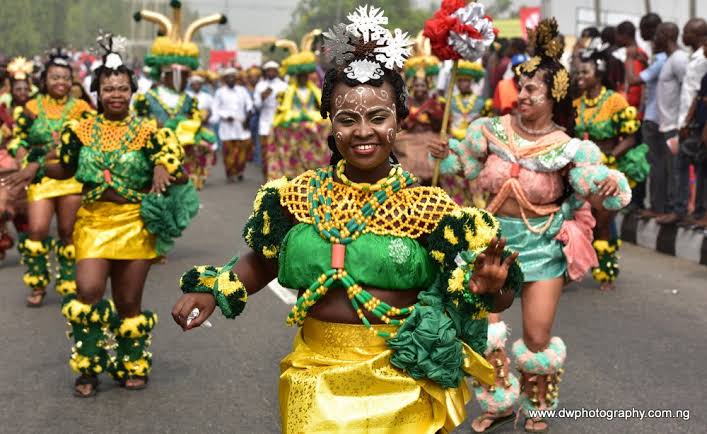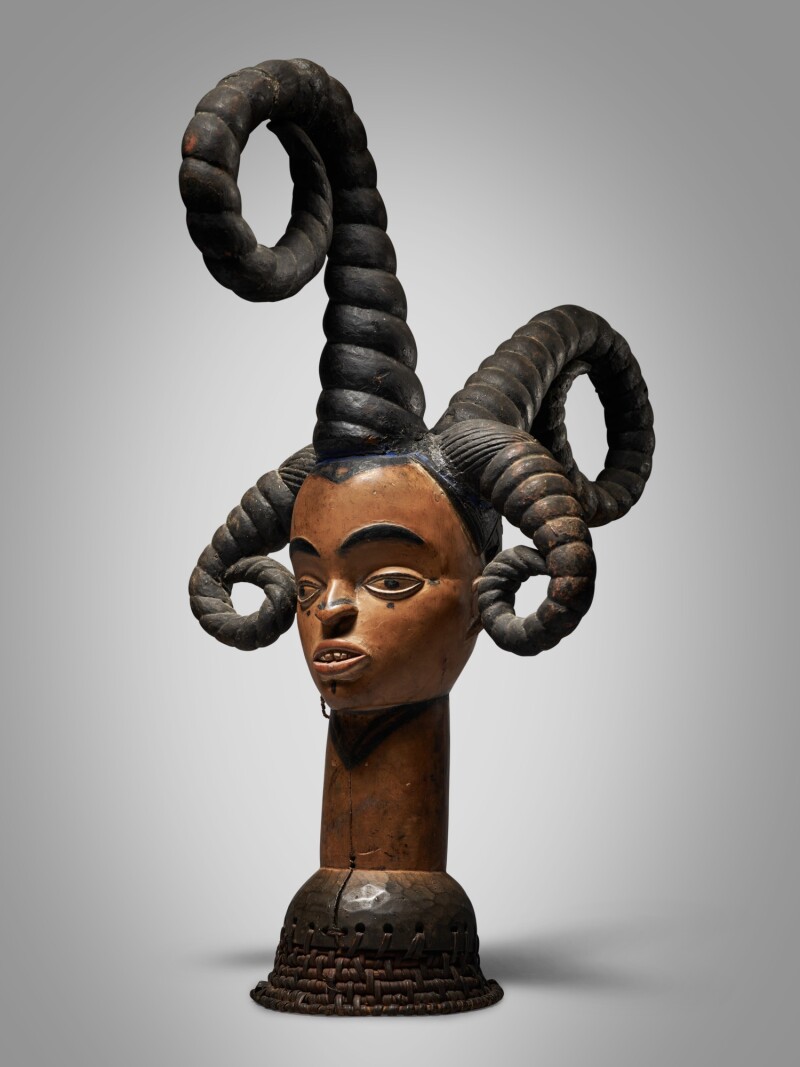There are many versions of the creation story or myth according to different tribes, religions, and even science. But have you ever stopped to wonder what the version of the creation story according to the Efik people would be? This article will take you on a journey into the rich mythology of the Efik people and unveil their unique perspective on how the world came to be.
Who Are the Efik People?

The Efik people are an ethnic group primarily located in the Cross River and Akwa Ibom states of Nigeria, with some presence in Southern Cameroon and the Bakassi Peninsula. They are closely related to the Annang, Ibibio, Oron, Biase, Eket, Uruan, and Akamkpa peoples.
Historically, the Efik have undergone three major stages of migration. Their origins, though somewhat shrouded in mystery, are said to trace back to Nubia, with subsequent sojourns through Ghana and then Arochukwu in southeastern Nigeria. After residing in Arochukwu for about 400 years, the Efik left due to conflicts and eventually settled in areas like Uruan, Ikpa Ene, and Ndodihi before finally establishing themselves in Creek Town and its surrounding areas in present-day Calabar.
The Efik are renowned for their vibrant culture, trade, and rich oral traditions, which include myths, proverbs, and bardic poetry that reveal their belief systems and worldview. Central to these beliefs is their creation story—a fascinating narrative about the origins of humanity and the cosmos.
The Efik Creation Story
The Efik creation story centers on Abassi, the supreme being, and his wife, Atai. Together, they weave a tale of creation, defiance, and divine intervention that reflects deep philosophical themes about human nature and mortality.
The Beginning
In the beginning, Abassi, the omnipotent creator, formed the universe, the stars, the earth, and all its wildlife. Residing in the heavens with his wife Atai, Abassi ruled as the supreme controller of the cosmos. Atai served not only as his wife but also as a wise mediator, often offering him counsel in moments of uncertainty.
Abassi created the first humans—a man and a woman. These humans lived with him and Atai in the sky. They were innocent, lacking knowledge, and entirely dependent on Abassi and Atai for sustenance, protection, and shelter. The couple lived in harmony with their creators, enjoying a simple existence.
One day, the humans gazed down upon the earth and were captivated by its beauty and allure. They approached Abassi with a bold request: they wanted to leave the sky and make their home on earth.
Abassi, however, was adamantly opposed to the idea. He feared that if the humans dwelled on earth, they would discover its secrets, gain independence, and perhaps even surpass his wisdom. The thought of losing control over his creation filled him with dread.
Atai, ever the mediator, proposed a compromise. She suggested that the humans be allowed to live on earth but with strict conditions. They were to return to the sky daily to dine with Abassi and Atai, ensuring their continued dependence. Furthermore, they were forbidden to till the soil, hunt, or procreate.
For a time, this arrangement worked. The humans dutifully returned to the sky for their meals, and Abassi’s fears were temporarily assuaged. But this fragile peace did not last. The woman, growing weary of the daily journey to the sky, decided to till the soil and cultivate her own food. When the man urged her to return to the sky for their meal, she refused, choosing instead to focus on her farming.
Soon, the man joined her in this act of defiance. Together, they not only fed themselves but also fell in love and began to bear children. Over time, their children grew and learned the secrets of the earth, exploring its depths and teaching one another.
When Abassi discovered the humans’ disobedience, he was furious. They had defied his explicit commands, not only cultivating the earth but also procreating. Abassi blamed Atai for allowing the humans to live on earth in the first place.
Atai, however, once again devised a plan to address the situation. To curb the humans’ growing power and population, she introduced two agents to their world: death and conflict. These agents brought mortality and strife to the human realm.
As soon as death and conflict arrived, the original man and woman perished. Their descendants, though, continued to thrive despite the hardships. They bore the burden of mortality and discord but also inherited the resilience and ingenuity of their ancestors, learning and uncovering the earth’s secrets generation after generation.
The Efik Belief System
The Efik creation story reflects profound beliefs about the human condition. It portrays humans as inherently curious and resilient, capable of defying even the gods in their pursuit of knowledge and independence. At the same time, it underscores the inevitability of death and conflict as constants of human existence—introduced by divine decree to balance the power dynamics between humans and their creator.
The Role of Atai
Atai is an essential figure in the Efik creation myth. She is both a mediator and a complex character who balances her husband’s fears with her own compassion for humanity. In many versions of the story, Atai is credited with persuading Abassi to create humans in the first place and allowing them to live on earth. While her actions introduce suffering to the human world, they also enable humans to develop and thrive.
Atai’s dual role as humanity’s advocate and enforcer of divine justice makes her a symbol of both mercy and discipline. Her animal representation, the vulture, reflects her association with life and death.
Abassi’s Insecurity
Abassi’s refusal to let humans live on earth without restrictions reveals a deep insecurity about the potential of his creation. His fears mirror the universal tension between creators and their creations, a theme found in myths across cultures. The Efik narrative adds a unique twist by depicting Atai as the voice of reason who mediates between divine authority and human aspiration.
Conclusion
The mythology of the Efik people is an interesting web of tales that offers a glimpse of the Efik people and their culture. The strong connection between people and the divine is mirrored in their creation tale, which is filled with themes of rebellion, wonder, and divine intervention. The tale becomes more thought-provoking and realistic due to Atai’s dual function as mediator and enforcer.
While the story might leave us pondering the balance of power, freedom, and consequence, it also serves as a reminder of the timelessness of human resilience and curiosity. The Efik creation myth, like all great stories, invites us to explore the mysteries of existence and appreciate the cultural diversity that makes our world so vibrant.
So, the next time you wonder about humanity’s origins, take a moment to think of the Efik version—it might inspire you to see life from a whole new perspective.


Leave a Reply